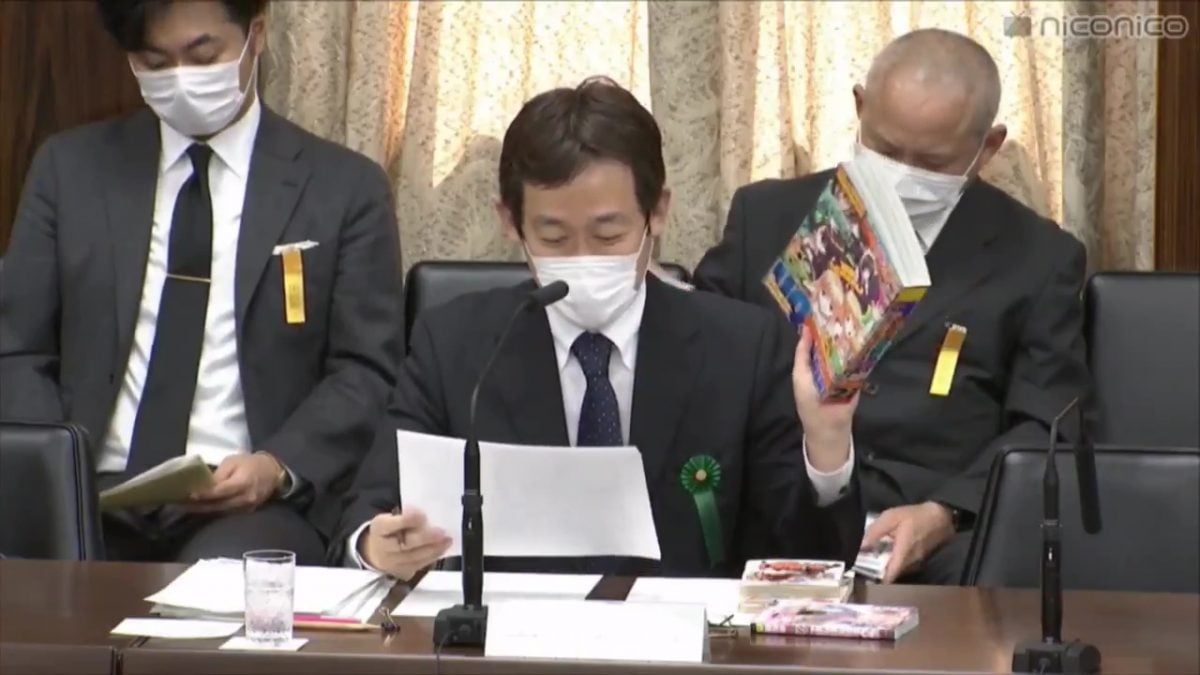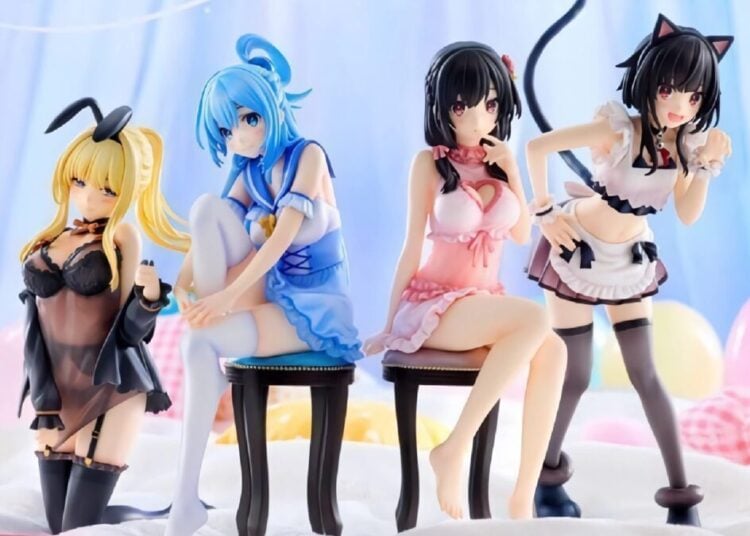Recently Twitter was buzzing about Mahou Sensei Negima! and Love Hina creator Ken Akamatsu’s addressing of the Japanese Diet, warning about the dangers caused by online manga piracy sites to Japan’s manga industry and manga artists.
『ラブひな』作者の赤松健さんが国会で海賊版サイトの被害状況を訴えhttps://t.co/d8Uzh8w0wh
2日、参議院 文教科学委員会で海賊版サイト対策強化などを目的とした著作権法改正案の参考人質疑が行われた。
漫画家・赤松健さん @KenAkamatsu は参考人として出席し違法アップロードの現状を意見陳述。 pic.twitter.com/U271gM0lkP— ニコニコニュース (@nico_nico_news) June 2, 2020
He made several points, which I’ll try to summarize below.
- Due to the Covid-19, the Bessatsu Shounen Magazine comic skipped an entire issue, which caused a lot of economic hardship for Japan’s manga industry.
- But a far bigger issue for the industry are the manga pirate sites and the damage they cause to the industry. As head of the Japan Manga Association, Ken Akamatsu worked with Shueisha to come up with ways to bring attention to the problem.
- His main frustration is with “download pirate websites” — which he calls “leech sites” and explained the meaning of the term, from the insects that suck blood, rather than the Mahjong term “reach” — which allow users to download manga in the highest resolutions possible. Not only do these sites allow free distribution of Japanese manga creators’ hard work, but they upload newly published works within 24 hours of appearing in Japan.
- He expressed frustration at seeing a manga that took him three months to create be uploaded around the world in just a day. Even manga that hasn’t been collected into tankobon format are shared on these sites, killing demand for the collected volumes when they eventually appear.
- He explained the business model of the “cyberlocker” download websites, which accept free uploads then receive money from downloaders who pay fees so they can download faster. “It’s the cyberlocker and server company that make money from our hard work, not we, the artists and publishers.”
- In the old days, pirated manga came from scans which were of varying quality, but now that manga is published digitally, that high-resolution data is pirated internationally, and the quality is extremely high. “As a result, no one wants to buy the digital versions we’re trying to sell. There’s no need to if they can get these pirated versions for free.”
- Monthly manga magazines are also available wholesale on these digital servers. This is especially bad for young, up-and-coming artists who need to get a following of fans before they can see their works published in physical tankobon form. “This kills the ambition of these artists, who have to get part-time jobs at convenience stores to make ends meet. This becomes a huge threat to the future of manga as an industry.”
- Mr. Akamatsu is asking legislators to work with the industry to find ways of combating these overseas pirate sites.
- Additionally, he urged the Japanese government to create a MANGA National Center where important original manga pages can be stored, so that it can be enjoyed by future generations.

This is a short post to present the frustrations raised by Ken Akamatsu and the manga publishing industry. I’ll be making another post with my own thoughts on the challenges these companies face, including the fact that some of the problems stem from slowness to adapt to the changing digital world we live in on the part of Japan’s some of Japan’s publishers. (Update: my response post is here.)
What do you think of the points Ken Akamatsu raised? What kinds of things could be done to help Japan’s manga industry flourish in the future? What existing examples (for example the MANGA Plus initiative) do you have worked well?
Thanks for reading. Give us your thoughts in the comments below, or on Twitter!
Our J18 sister company continues to bring amazing new sexy products to you from Japan, which are of very high quality and of course, officially licensed by the creators. In addition to the upcoming 100% uncensored and translated Training Day doujinshi by top artist 23, we’ve got a gorgeous new tapestry featuring an illustration by Urasuji Samurai. Preorder it here!















